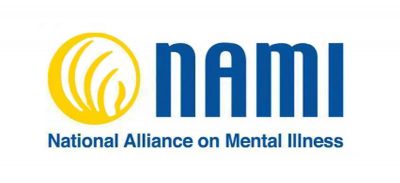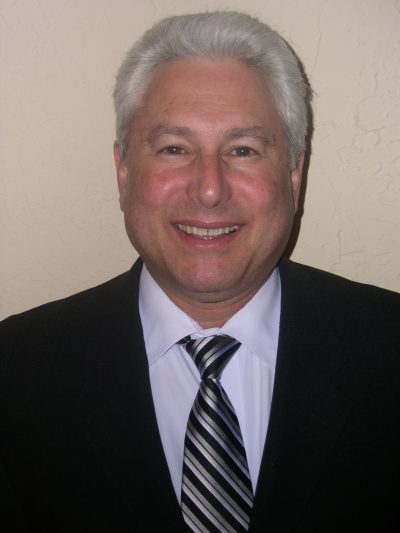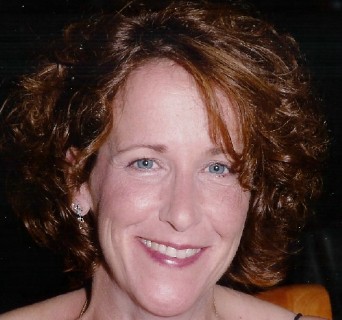
(7-16-18) I posted four blogs by parents last week about the National Alliance on Mental Illness, the nation’s largest grassroots mental illness organization, and serious mental illnesses. The blogs were prompted by a telephone call from a consulting group helping NAMI develop a multi-year strategy. At the parents’ request, I shared their four blogs in advance with NAMI CEO Mary Giliberti. Today’s post is a response to last week’s blogs. I will be posting one more blog this week on this topic written by an individual with mental illness. As always, I welcome your comments on my Pete Earley official Facebook page.)
Response from NAMI’s New Board President Adrienne Kennedy
First, allow me to the opportunity to thank Pete Earley, a person I have counted as a friend and colleague since we met in 2007 and someone I acknowledge as a respected mental health advocate and author. Thanks, for the space to share my family’s experiences, along side other determined and dedicated family advocacy voices which appeared in this blog last week, along with adding my NAMI perspective that my new role in the organization affords me.
On June 30, among the 15 of my board members peers, I was elected to serve as President of the NAMI Board of Directors for 2018/2019. I am honored and humbled to be provided the opportunity to represent the hundreds of thousands of families, peers and avid supporters who comprise this important movement. 
I have carefully read the blogs posted last week that were largely written by members of the National Shattering Silence Coalition (NSSC). I found each of them passionate and moving. Repeatedly, in each of the blogs, I was struck by how similar their experiences were to those of my family,
When I found NAMI in 2005, our son and our family had logged 6 years coping with serious mental illness: five hospitalizations interspersed with a few months or, occasionally, many months of recovery in between. We were fortunate to have had many good experiences with excellent clinical care: great engagement and great doctors. Not withstanding the first four relapses, we thought we were moving forward, gaining the necessary insight and coping skills. It appeared that our son had secured a winning formula: trust, treatment, recovery.









